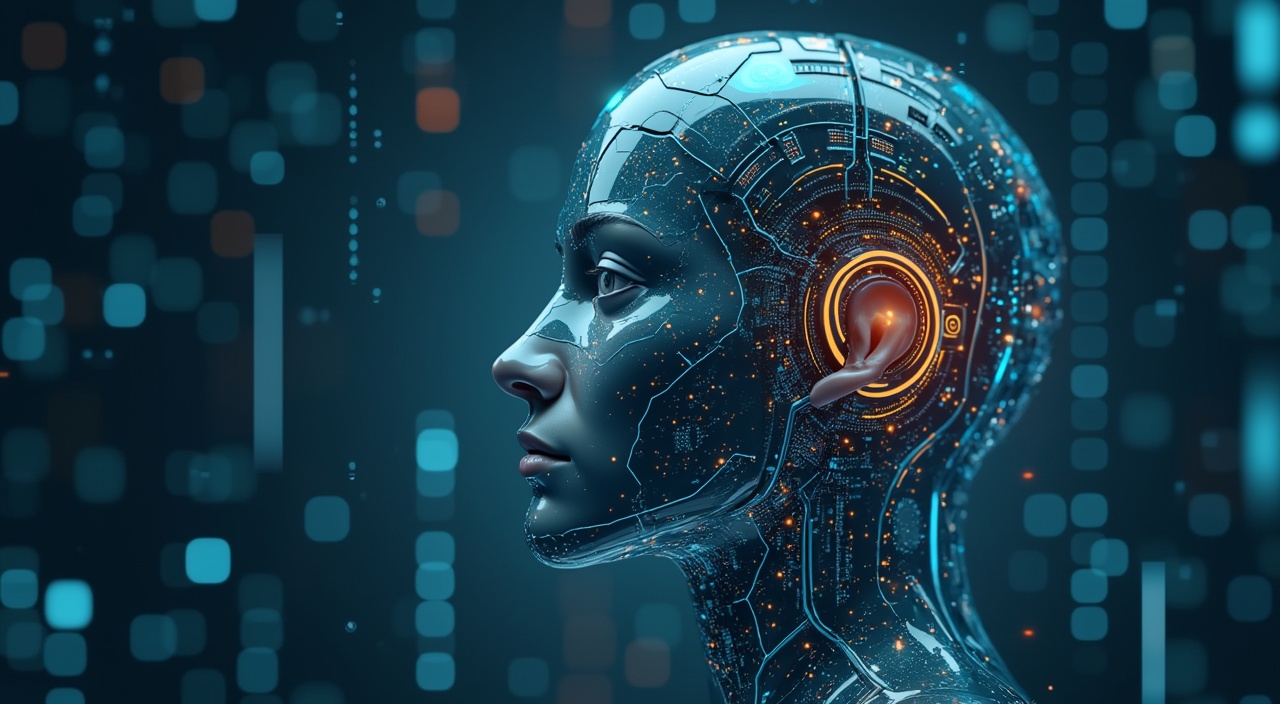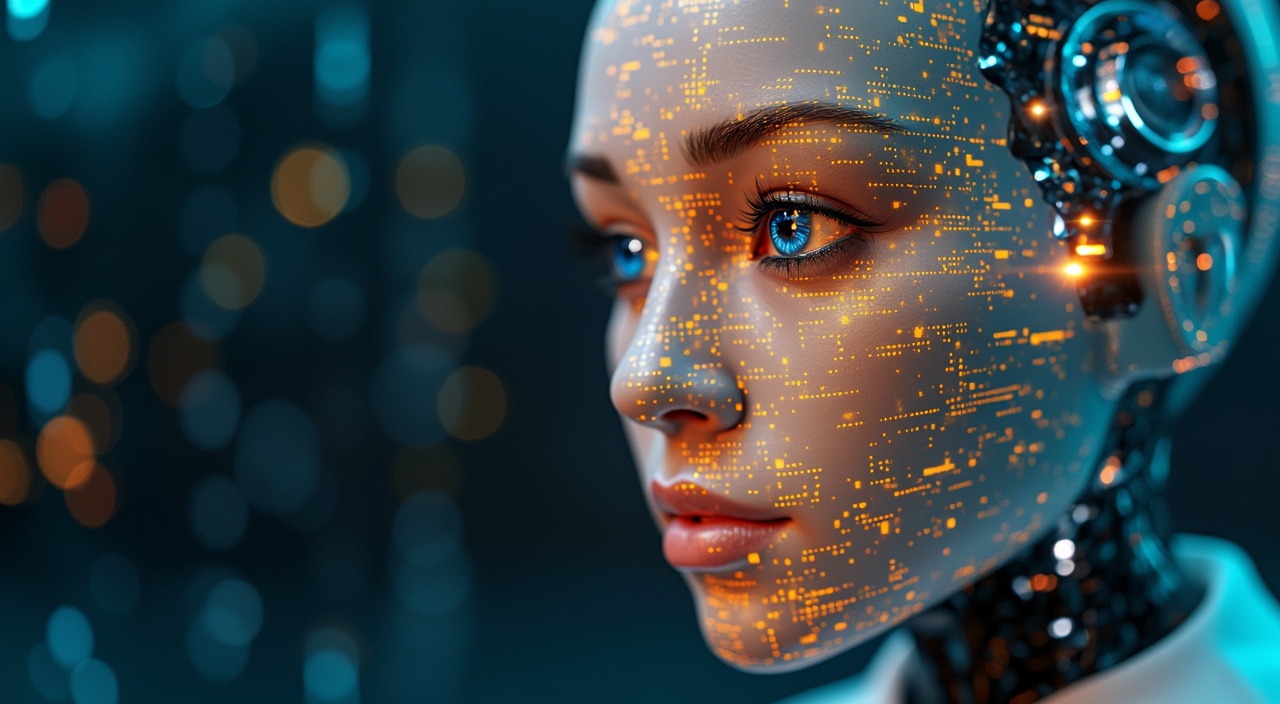Artificial Intelligence (AI) agents serve as powerful extensions of human capabilities, not replacements. These innovative digital assistants actively transform online interactions, content creation, and professional relationship management through advanced personalization. Recent studies show that AI won’t replace human workers, but rather amplify their abilities and productivity.
Key Benefits of AI Integration:
- AI tools boost digital presence by analyzing patterns and delivering custom experiences
- Smart control over AI implementation maintains essential human decision-making
- Strategic combination of AI efficiency with human insight drives better results
- Research confirms that professionals using AI outperform those who don’t
- Success comes from partnership between human expertise and AI capabilities
The data supports what I’ve seen in my consulting practice – AI enhances rather than eliminates human roles. Through strategic implementation of these tools, my clients have achieved significant improvements in productivity and market reach. The key lies in understanding how to leverage AI’s strengths while maintaining authentic human connections and creative problem-solving abilities.
Leading experts agree that mastering AI integration gives professionals a competitive advantage. My approach focuses on helping businesses find the right balance between automated efficiency and meaningful human interaction. This creates sustainable growth while preserving the personal touch that builds lasting customer relationships.
How AI Agents Shape Your Digital Self
AI agents aren’t here to replace your online presence – they’re amplifying it in ways you might not expect. As highlighted in Swish.ai’s analysis, AI agents work as extensions of human capabilities rather than replacements.
Digital Identity Enhancement Through AI
Here’s how AI agents are reshaping digital identities:
- Content Curation: AI analyzes your interactions to surface relevant information, making your social feeds more aligned with your interests
- Communication Assistance: Smart scheduling tools and email filters help maintain your professional relationships without constant manual oversight
- Personalized News Delivery: News aggregators learn your reading patterns to deliver targeted content that matters to you
- Meeting Enhancement: AI assistants take notes and track action items, letting you focus on meaningful conversations
The relationship between humans and AI agents isn’t about replacement – it’s about augmentation. As noted in Harvard Business Review, people who leverage AI effectively will have advantages over those who don’t.
But there’s a catch – your digital self increasingly reflects both your direct actions and your AI agents’ automated decisions. This means staying aware of how these tools represent you online is crucial. The goal isn’t to fight against AI agents but to direct them in supporting your authentic digital presence.

The Hidden Cost of Convenience
AI agents make life easier, but they’re not without their pitfalls. As highlighted in recent research by Swish.ai, the convenience of AI comes with a subtle trade-off: we risk becoming overly dependent on automated decisions.
Think of it like having a super-smart assistant who always has an answer – sounds great, right? But here’s the catch: that assistant learns from existing data, which often carries human biases. I’ve noticed how easy it is to accept AI suggestions without questioning their origin or accuracy.
Trust and Bias: A Double-Edged Sword
Here’s what happens when we rely too heavily on AI:
- Our critical thinking muscles get weaker from lack of use
- We start accepting AI decisions as gospel truth
- Our problem-solving skills become rusty
- We miss opportunities for creative solutions
The Comfort Zone Trap
Harvard Business Review’s analysis shows that while AI won’t take your job, it might change how you work in ways you didn’t expect. The real challenge isn’t fighting against AI – it’s maintaining your decision-making independence while using it as a tool.
The smart approach? Use AI as a springboard for ideas, not a crutch for thinking. Studies from InflowCX suggest that the most successful AI implementations are those where humans remain actively engaged in the decision-making process, using AI as a complement to their expertise rather than a replacement.
Workplace Evolution: Human-AI Partnership
AI’s role in the workplace isn’t about replacement—it’s about enhancement. I’ve seen remarkable examples of this partnership, particularly in healthcare where AI assists doctors in diagnosis but doesn’t make final decisions. According to Harvard Business Review, professionals who use AI effectively are showing 40% higher productivity than those who don’t.
Skills Adaptation for AI Collaboration
The future workplace demands new skills, but they’re more achievable than you might think. Here are the key areas where I see professionals need to focus:
- Data interpretation and AI output validation
- Critical thinking for AI-generated solutions
- Ethical decision-making in AI applications
- Communication between human teams and AI systems
- Strategic problem-solving using AI tools
As noted by Swish.ai, successful professionals aren’t those who resist AI but those who learn to collaborate with it. The shift isn’t about competing with AI—it’s about creating a symbiotic relationship where each party brings their strengths to the table.
The financial sector provides a perfect example, where AI handles data processing while humans focus on client relationships and complex decision-making. This partnership has led to better risk assessment and personalized service delivery, showing how AI amplifies human capabilities rather than diminishing them.
Maintaining Human Agency in an AI World
I’ve found that keeping control while using AI requires clear boundaries. Research from Swish.ai shows that successful AI integration depends on human judgment and creativity. Think of AI as your personal assistant, not your replacement.
Smart AI Delegation Principles
Here’s how to maintain control while working with AI:
- Set specific tasks for AI handling (data analysis, scheduling, routine replies)
- Keep creative and strategic decisions in human hands
- Review and adjust AI outputs before implementation
- Schedule regular AI-free periods for deep thinking
Preserving Human Connection
The human touch remains irreplaceable in business relationships. Harvard Business Review highlights that combining human empathy with AI efficiency creates the strongest business outcomes. I’ve noticed that clients appreciate knowing when they’re talking to a real person versus an AI – transparency builds trust. Maintaining authentic conversations while leveraging AI for support tasks creates the perfect balance between efficiency and genuine connection.
Building a Future-Ready Identity
Creating Your AI-Enhanced Professional Path
The reality is clear – AI won’t replace you, but someone using AI might replace you. This isn’t just speculation – it’s already happening across industries. I’ve seen firsthand how professionals who embrace AI tools gain significant advantages over those who don’t.
Smart Steps for AI Integration
Here are practical ways to build your AI-enhanced professional identity:
-
- • Start small with AI tools like chatbots or automated scheduling
-
- • Practice combining AI outputs with your expertise
-
- • Learn basic prompt engineering skills
-
- • Set clear boundaries between AI assistance and human judgment
- • Track your productivity gains from AI integration
Harvard Business Review research shows that professionals who actively integrate AI tools see up to 40% improvement in their workflow efficiency. But success isn’t just about using tools – it’s about developing a mindset that values both technological advancement and human insight.
Studies indicate that the most successful professionals aren’t those who rely solely on AI or completely avoid it – they’re the ones who find the sweet spot between human expertise and artificial intelligence. Think of AI as your professional amplifier, not your replacement.
Remember – you’re not competing against AI; you’re learning to dance with it. The future belongs to those who master this partnership.

Sources:
-
- Swish AI: AI Won’t Replace You
- Harvard Business Review: AI Won’t Replace Humans, But Humans with AI Will Replace Humans Without AI
- Inflow CX: 5 Reasons AI Won’t Replace Agents
- Reddit: Do You Think Wider Public Knows of AI Agents They Understand?
- LinkedIn: AI Won’t Replace You: A Person Using AI
- Facebook: AI Is Not Going to Replace You
- LinkedIn: My Prediction Is That AI Won’t Replace Employees








